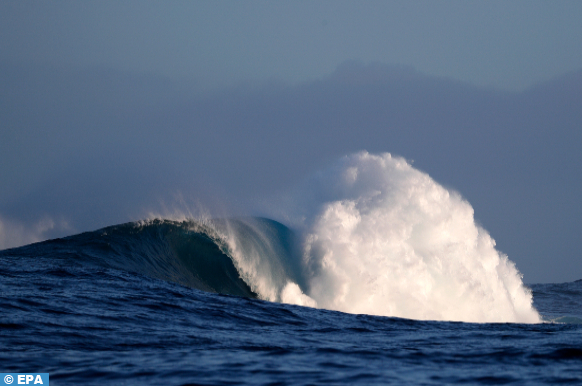Warming Oceans Trigger Earlier Atlantic Hurricane Seasons, Study Says
Washington- Warming oceans advance the start date of Atlantic storms, according to a new study published in Nature Communications journal.
For years, meteorologists have announced June 1 as the historical start to Atlantic hurricane season, but this new study finds out that tropical storms are more frequently forming before that date as the ocean warms.
The study found there’s both an earlier start date and earlier first U.S. landfall each year. It comes as the National Oceanic and Atmospheric Administration is considering moving the official start date of the season from June 1 to May 15.
The start date is one of several attributes of hurricanes that appear to be changing in the face of warming oceans and human-caused climate change.
According to the paper’s lead author, Ryan Truchelut, there have been since 2012 at least seven instances of the National Hurricane Center issuing tropical storm watches and warnings before the official start date of the season.
Atlantic hurricane season has historically peaked around mid-September on average, and activity ordinarily slows down by the end of November. An average season contains about 14 named storms, with seven hurricanes and three major hurricanes.
Since 1979, the first named Atlantic storm has been occurring about five days earlier on average per decade.
The average first U.S. landfall of a named storm has been trending earlier by about two days per decade since 1900. That equates to roughly three weeks since the turn of the 20th century.
The authors point to warming sea surface temperatures, which can be closely linked to human activity, as playing a role in the expanded season. In particular, they found ocean temperatures during the spring months contribute to jump-starting a season, ruling out other factors that affect storm formation.
“The developing environment is more favorable for [storm] genesis mainly because of sea surface temperature,” Truchelut said. “We’re not seeing big changes in shear, relative humidity or upper-level temperatures.”
Truchelut said the ocean warming may be tied to both human-caused warming and natural variability.
The study concluded that warming oceans in the future could continue to advance the start date of Atlantic storms by about a half-day to one day per year.












